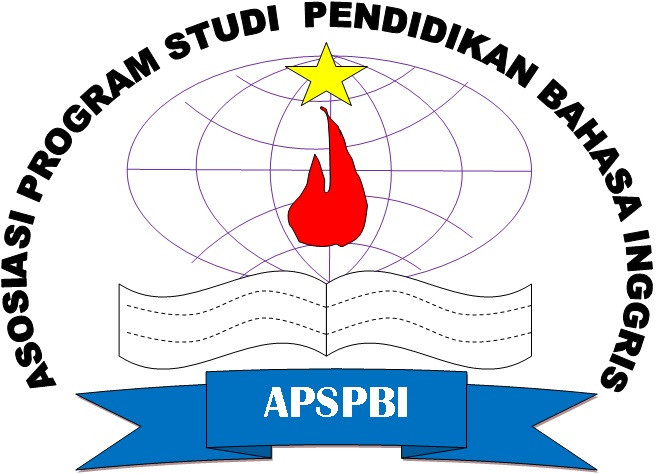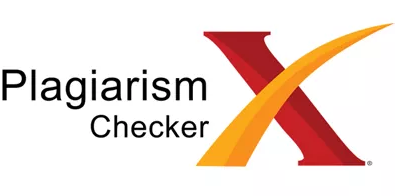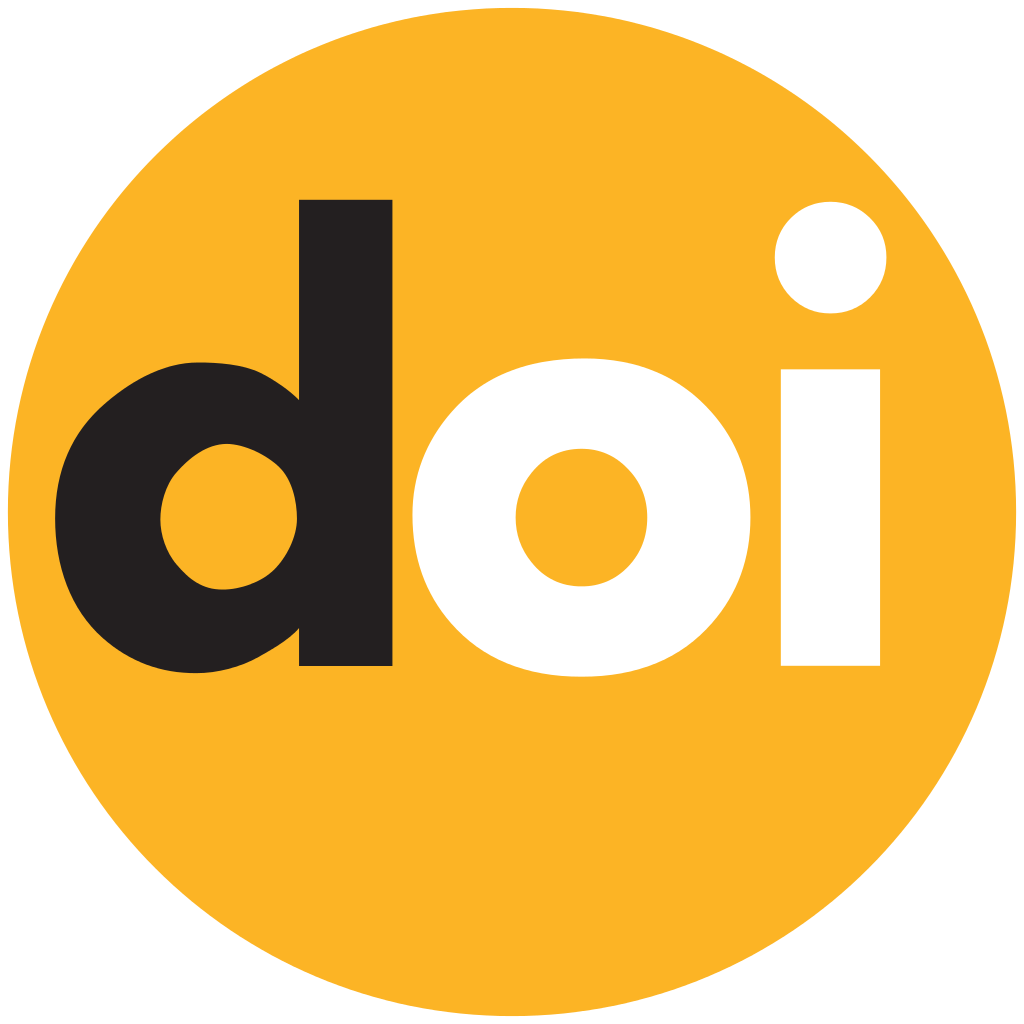Title:
Rethinking the Roles of English Lecturers in the Digital Era
Author:
Abstract
Along the era of rapid technology advancement on the performance of Artificial I
Along with the era of rapid technology advancement on the performance of Artificial Intelligence (henceforth AI), there have been intense discussions and debates among educationists about the future of human teachers and AI teachers. When information can be accessed easily amidst the rapid development of online learning, it is intriguing to listen to students’ perspectives on the roles they expect from their teachers, especially in learning English subjects, when abundant resources are available and accessible online within their fingertips in social media platforms and online learning websites. In short, to identify what cannot be fulfilled online. To serve that purpose, 160 students from a private university in Indonesia were recruited as research participants. They are from 16 different study programs recruited as participants through a purposive sampling method to see if findings are bound to study program types. Data were collected through an online questionnaire and an interview. The results indicated that the students perceive their teachers as someone to guide their learning by providing good online resources and immediate feedback rather than expecting their teachers to be a content expert or to have a linguistic performance like native teachers.
Keywords
Full Text:
PDFReferences
Al-Arif, T. Z. (2019). The Use of Social Media for English Language Learning: An Exploratory Study of EFL University Students. Metathesis: Journal of English Language Literature and Teaching , 224-233.
Bennett, S., Maton, K., & Kervin, L. (2008). The ‘digital natives’ debate: A critical review of the evidence. British journal of educational technology, 775-786.
Caron, P. L., & Gely, R. (2004). Taking back the law school classroom: Using technology to foster active student learning. J. Legal educ, 540-551.
Courville, K. (2011). Technology and its use in Education: Present Roles and Future Prospects. the 2011 Recovery School District Technology Summit , (pp. 1-19). Lousiana.
Cresswell, J. (2009). Research Design: Qualitative, quantitative, and mixed methods approaches. California: SAGE Publications, Inc.
Dempsey, J. W., & Van Eck, R. N. (2012). E-learning and instructional design. Trends and issues in instructional design and technology, 281-289.
Guey, C. C., Cheng, Y. Y., & Shibata, S. (2010). A triarchal instruction model: integration of principles from Behaviorism, Cognitivism, and Humanism. Procedia-Social and Behavioral Sciences, 105-118.
Israel, M. J. (2015). Effectiveness of integrating MOOCs in traditional classrooms for undergraduate students. . The International Review of Research in Open and Distributed Learning.
Kim, K. J., & Frick, T. W. (2011). Changes in student motivation during online learning. Journal of Educational Computing Research, 1-23.
Lee, M. C., Chow, J. Y., Button, C., & Tan, C. W. (2017). Nonlinear Pedagogy and its role in encouraging twenty-first century competencies through physical education: a Singapore experience. Asia Pacific Journal of Education, 483-499.
Ljoså, E. (1998). The role of university teachers in a digital era. . European Journal of Open, Distance and E-Learning.
Marcus, J. (2011). US unplugged: manifold benefits of disconnected learning. Times Higher Education.
Means, B., Toyama, Y., Murphy, R., Bakia, M., & Jones, K. (2009). Evaluation of evidence-based practices in online learning: A meta-analysis and review of online learning studies. Retrieved from http://repository.alt.ac.uk/629/
Mollin, S. (2006). English as a lingua franca: A new variety in the new Expanding Circle? Nordic Journal of English Studies, 41-57.
Moore, L. (2012). Millenials in social work field education. Field Educator.
Palocsay, S. W., White, M. M., & Zimmerman, D. K. (2004). Interdisciplinary collaborative learning: Using decision analysts to enhance undergraduate international management education. Journal of Management Education, 250-259.
Poon, L. K., Kong, S. C., Yau, T. S., Wong, M., & Ling, M. H. (2017). Learning analytics for monitoring students participation online: visualizing navigational patterns on learning management system. . International Conference on Blended Learning.
Prensky, M. (2001). Digital natives, digital immigrants part 1. On the horizon, 1-6.
Ratnaningsih, E., & Wulanjani, A. (2019). The Students’ Perspectives toward the Activities and Materials Displayed in ELICA (English Listening Interactive Café) Web. Metathesis: Journal of English Language, Literature, and Teaching, 183-187.
Selwyn, N. (2016). Digital downsides: exploring university students’ negative engagements with digital technology. . Teaching in Higher Education, 1006-1021.
Shariman, T. P., Razak, N. A., & Noor, N. F. (2012). Digital literacy competence for academic needs: An analysis of Malaysian students in three universities. Procedia-Social and Behavioral Sciences, 1489-1496.
Susskind, R. E., & Susskind, D. (2015). The future of the professions: How technology will transform the work of human experts. . USA: Oxford University Press.
Tan, E. (2013). Informal learning on YouTube: Exploring digital literacy in independent online learning. Learning, Media and Technology, 463-477.
Tapscott, D. (2008). Grown up digital. . Boston: McGraw-Hill Education.
DOI: https://doi.org/10.31002/metathesis.v4i2.2508
Article Metrics
Abstract view : 9 timesPDF - 0 times
Cited By
Refbacks
- There are currently no refbacks.

This work is licensed under a Creative Commons Attribution-ShareAlike 4.0 International License.
Metathesis: Journal of English Language, Literature, and Teaching is published by English Education Department, Faculty of Teacher Training and Education, Universitas Tidar, Magelang, Indonesia in collaboration with Asosiasi Program Studi Pendidikan Bahasa Inggris Se-Indonesia (APSPBI)
ISSN: 2580-2712 (print) and 2580-2720 (online)
Jalan Kapten Suparman 39 Magelang, Jawa Tengah, Indonesia 56116
Phone (0293) 364113 Fax (0293) 362438
















 Abstract views : 9
|
Abstract views : 9
| PDF views : 0
PDF views : 0